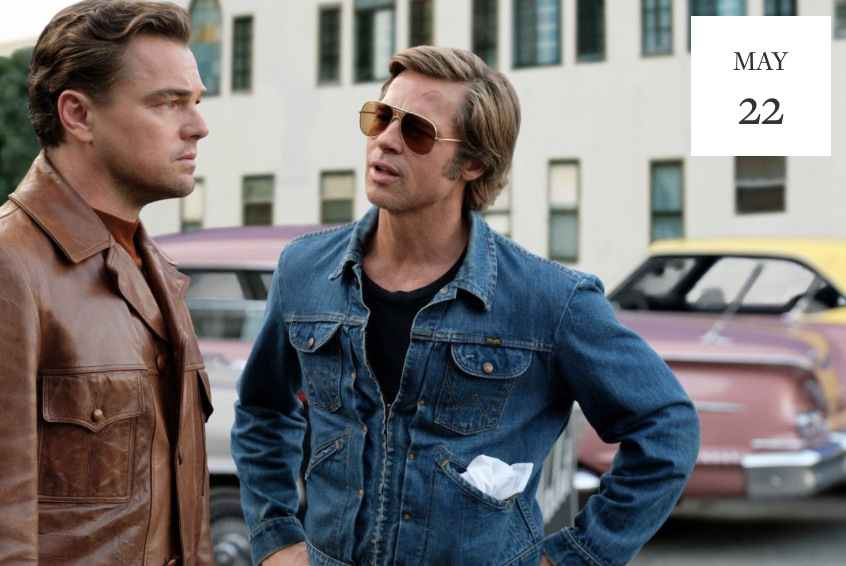8.00
Date: Sunday, May 22, 2022
Time: 2 pm EST
This lecture will take place virtually, via Zoom. Ticket sales will end at 12:30pm EST the day of the lecture. This event will be recorded and ticketholders will receive a temporary streaming link after the live stream.
Ticketholders: a link to the conference is sent out at 1 pm EST on the day of the event to the email used at checkout. Please add info.morbidanatomy@gmail.com to your contacts to ensure that the event link will not go to spam.
PLEASE NOTE: This lecture will be recorded and available for free for our Patreon members at $5/above. Become a Member HERE.
The Death Drive on Film, by Mary Wild
In “Beyond the Pleasure Principle” (1920), Sigmund Freud defined the death drive as being in opposition to Eros (i.e., the affirmation of life through survival, propagation, productivity, and romance). This talk will focus the death drive on film, represented as self-sabotage, the unconscious wish to return to an inorganic state, and the urge to repeat painful past events. The proposition is that there is a cultural merit in coming to terms with the death drive, as it helps us to identify, comprehend and integrate harmful impulses in a functional way.
Films discussed: Damage (1992), Weekend At Bernie’s (1989), Once Upon A Time In Hollywood (2019)
“The Revolution will go Viral… on Sexting, the Digital & Contagion,” by Dr. Clint Burnham
We need psychoanalysis to understand our conflicted anxieties brought to the fore by Covid, we needed Covid-19 to come along to help us comprehend the dyad of connectivity and isolation at work in the internet, and we continue to need the internet to understand such psychoanalytic ideas as the unconscious and “desire is the desire of the Other.”
Drawing on the work of Freud, Lacan, Žižek, and Byung-Chul Han, and discussing sexting, anti-vaxxers, and “the subject supposed to LOL,” this talk will argue that our desires on the internet, our anxieties about vaccines and masks, and the way things go viral, can only be understood with the help of psychoanalysis, and, that these cultural phenomena can in turn help advance the theory and practice, the very relevance, of psychoanalysis today.
This talk is part of the Psychoanalysis, Art & the Occult series of events, curated by Dr. Vanessa Sinclair and Carl Abrahamsson, is dedicated to exploring the intersections and integration of psychoanalytic theory, the creative arts, occult practices, and folk magic traditions. By inviting psychoanalysts, philosophers, artists, writers, and occult practitioners from a variety of theoretical orientations and worldviews to discuss their work, personal experiences, and areas of research interest with one another, dialogue is opened up between practitioners in fields of study that traditionally rarely engage with one another though often operate in similar and complementary ways.
About the speakers:
Mary Wild is the creator of the PROJECTIONS lecture series at Freud Museum London, applying psychoanalysis to film interpretation. Mary also co-hosts the Projections Podcast, and contributes to The Evolution of Horror Podcast.
Dr. Clint Burnham is Professor of English at Simon Fraser University, Vancouver, Canada, where he also teaches theory and popular culture. He is one of the facilitators of the Lacan Salon. His books include The Jamesonian Unconscious: The Aesthetics of Marxist Theory (1995), The Only Poetry that Matters: Reading the Kootenay School of Writing (2011), and the collections Digital Natives (2011, co-ed. with Lorna Brown) and From Text to Txting: New Media in the Classroom (2012, co-ed. with Paul Budra). His most recent book Does the Internet Have an Unconscious? (2018) is both an introduction to the work of Slavoj Žižek and an investigation into how his work can be used to think about the digital present. Clint Burnham uniquely combines the German idealism, Lacanian psychoanalysis, and Marxist materialism found in Žižek’s thought to understand how the Internet, social and new media, and digital cultural forms work in our lives and how their failure to work structures our pathologies and fantasies. He suggests that our failure to properly understand the digital is due to our lack of recognition of its political, aesthetic, and psycho-sexual elements. Mixing autobiographical passages with critical analysis, Burnham situates a Žižekian theory of digital culture in the lived human body.

